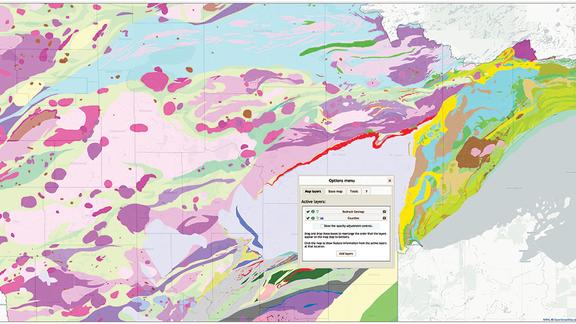
Chris is a lake scientist specializing in harmful algal bloom ecology, nutrient cycling in lakes, watershed nutrient reduction strategies, and freshwater resources management. His research interests take him from small farm ponds to Lake Superior. He also specializes in working with large datasets to investigate how climate and land use interactions affect water quality across the continental US.
Chris also directs the Central Analytical Lab, a state-certified water chemistry laboratory. Members of his team specialize in lake and stream monitoring and assessment, high resolution monitoring networks, analytical chemistry, and algal identification.
Current projects in the lab include identifying drivers of algal bloom toxicity using molecular techniques, investigating underwater light climate and phytoplankton distribution in the Laurentian Great Lakes, monitoring watershed nutrient and sediment loads in streams, and assessing lake health. Lab members also collaborate on projects ranging from developing stormwater management strategies and nutrient reduction technologies, to studying the fate and transport of road salt in aquatic ecosystems, to identifying factors causing rip currents in Lake Superior.
Education
- Postdoctoral, Iowa State University, 2010-2016
- Ph.D., Biology, Baylor University, Awarded 2009
- B.S., Biology, University of Texas at Austin, Awarded 1998
Resources
Recent Publications
Dolichospermum blooms in Lake Superior: DNA-based approach provides insight to the past, present and future of blooms
Research output: Contribution to journal › Article › peer-review
Ecological prediction at macroscales using big data: Does sampling design matter?
Research output: Contribution to journal › Article › peer-review
Utility of a PCR-based method for rapid and specific detection of toxigenic Microcystis spp. in farm ponds
Research output: Contribution to journal › Article › peer-review
Increasing accuracy of lake nutrient predictions in thousands of lakes by leveraging water clarity data
Research output: Contribution to journal › Letter › peer-review
Is limnology becoming increasingly abiotic, riverine, and global?
Research output: Contribution to journal › Letter › peer-review



